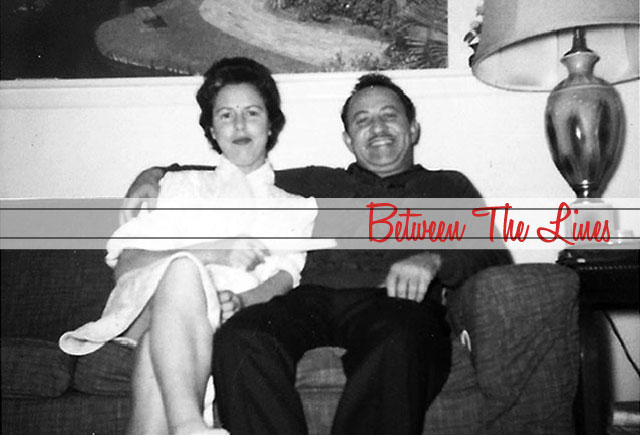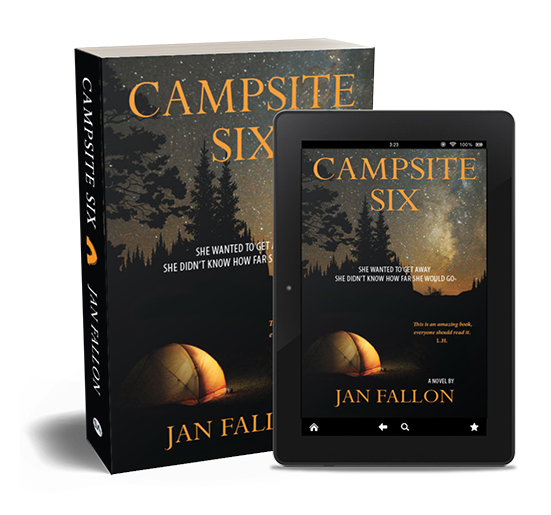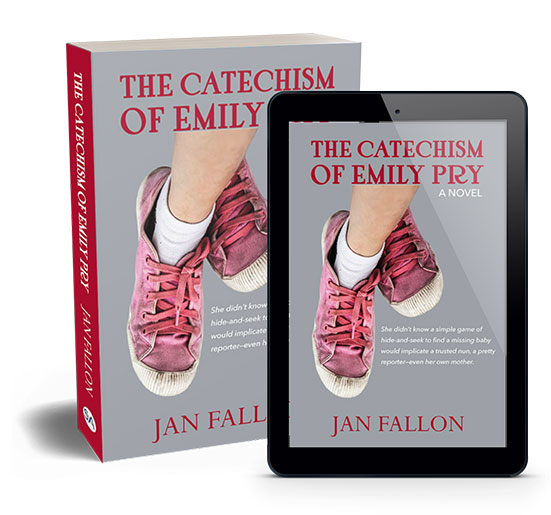
There’s more to you than meets the eye.
If I were to interview you today, we’d start out with basic questions and basic answers. Questions I’m comfortable asking and answers you’re comfortable giving.
But it couldn’t stay that way, not for very long.
As an author, I begin writing my stories by interviewing myself. It’s internal, a Q&A in my head throughout the day, everyday.
Like for my upcoming novel, The Catechism of Emily Pry, I ask:
When did you attend an all girls boarding school? Easy; In 1970.
Where was it located? Another quick answer: Southeast Michigan.
Why were you there? Umm… This is where the heart beats faster. This where I’m not sure I want to answer. Now I’m not sure I want to write the book.
This is where the story begins.
There’s a common thread taught by writing experts. It’s a thread that helps writers—and non-writers—with the “bad guy” in their stories.
I heard this first from Jerry Jenkins, author of the Left Behind Series and creator of The Jerry Jenkins Writers Guild.
Every bad moment has a bad guy behind it. The question, Why were you there? could’ve been answered, It offered a stellar education or My parents traveled a lot.
But the truth was I needed a place to live. My father had died. My mother was an alcoholic who had her own problems. My extended family didn’t know what else to do with me.
Enter the bad guy.
Every story needs an antagonist, a main character who tends to have a negative effect on other characters. My bad guy was my mom. A bad situation caused, in part, by my father’s early death.
My author experts encouraged me to remember this: Every bad guy is also a good guy.
If you paint your bad guy as absolutely bad, the character is not believable.
Wait, that challenged everything! The root of my troubles was my mom, her drinking, the abandonment I experienced, the insecurities I fight against almost everyday—are all based in her failures.
I complained to a counselor once that my toes were bent because my mom didn’t provide the correct shoes for me. Truly, my childhood wardrobe was dressed with clothes too small and few to choose from. But was this a fact or a feeling?
She replied, “You know your toes could still be bent even if your mom never drank and you had the correct shoes.”
I didn’t buy it.
A few years later, when I finally had foot surgery I once again put my mom to task.
“My mom didn’t provide big enough shoes for me when I was growing up.” I offered during the examination.
“Actually, foot problems like these are most often hereditary.”
A crack appeared in my “bad guy” premise.
What Jerry Jenkins offered me the day I heard his “every bad guy is also a good guy” comment did more than affect my writing. It gave me the opportunity to consider my long held beliefs in a very different way.
Yes, my mom drank. Yes, my life was a mess. She was also a person with great qualities, whom I loved deeply, and what happened in our lives hurt—both of us.
What I learned gave me the capacity to re-categorize my hurt.
Bad things happened to me. The person that was part of the circumstances wasn’t bad.
I started to learn to read between the lines and not be so black and white with my story. As an author that is a great quality. As a person it is life changing.
I learned to empathize with my antagonist.
In my book, Campsite Six, you see a woman based on my mom. Holly struggles, she seems weak, she stays too long in her past—but she doesn’t drink. However, my character Darrell does. It brought balance to the black and white I clung to in my own story.
This is a redeeming storyline. One where I read between the lines and filled in back story that surprised even me.
Truth offers balance. It offers understanding. It tells us there’s more to our stories than meets the eye.
And we can see it, if we take the time to read between the lines.
We don’t yet see things clearly. We’re squinting in a fog, peering through a mist. But it won’t be long before the weather clears and the sun shines bright! We’ll see it all then, see it all as clearly as God sees us, knowing him directly just as he knows us!
1 Corinthians 13:12 The Message (MSG)



I like the concept of re-categorizing the hurt. Good thoughts, Jan!